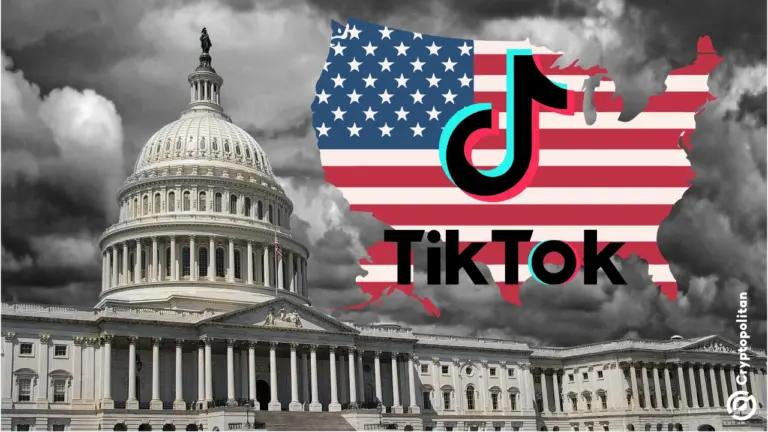US Bitcoin Miners Face 21% Cost Hike Due to Tariffs
- Ethan Vera criticizes the tariff’s impact on mining competitiveness.
- Market volatility muted, but risks remain.
- A shift to friendlier jurisdictions may occur.
US Bitcoin miners experience a 21% increase in rig costs due to Trump’s tariffs on Southeast Asian imports. This raises operational expenses and incentivizes exploring more competitive markets like Canada.
US Bitcoin miners are experiencing a 21.6% increase in rig costs following the Trump administration’s tariffs on Southeast Asian imports, effective August 7, 2025.
This development holds critical importance as it affects the U.S.’s stance as a competitive hub for Bitcoin mining without immediate market volatility.
The Trump administration has imposed new tariffs , spiking costs for U.S. Bitcoin miners sourcing hardware from Southeast Asia. Ethan Vera of Luxor Technology has voiced concern, noting miners are eyeing expansion in Canada. This increase places severe pressure on profit margins, with miners expected to pay significantly more for new hardware.
Immediate industry impacts include increased operational costs and challenges for U.S. mining operations to remain competitive. Markets did not experience major instability immediately; however, the mining hash rate could migrate to less costly jurisdictions.
These financial implications indicate a potential reduction in domestic mining capacity, shifting hashpower overseas. The tariffs resemble those enacted between 2018–2019 on Chinese imports, which led to similar migration trends and domestic operational shifts. Historically, tariffs slowed growth but did not halt global expansion of mining power.
At 21.6% tariffs, the U.S. is now one of the least competitive jurisdictions to bring machines in, and miners are looking at Canada and other markets to expand too. — Ethan Vera, COO, Luxor Technology
The long-term impacts may involve regulatory challenges or technological adaptability in response to elevated equipment costs. U.S. market share may decline as miners search for cost-effective alternatives, while domestic inventories gain short-term value. Global competitiveness of U.S. miners remains uncertain given historical precedents.
Disclaimer: The content of this article solely reflects the author's opinion and does not represent the platform in any capacity. This article is not intended to serve as a reference for making investment decisions.
You may also like
India gets more Apple production as White House ups pressure on oil deals
Share link:In this post: Apple is expanding iPhone 17 production across five factories in India, including Tata and Foxconn sites. Trump raised tariffs on Indian imports to 50% and warned of 100% secondary tariffs over Russian oil ties. India is under U.S. pressure to buy and resell discounted Russian oil during the Ukraine war.
White House launches TikTok account as Trump targets 170M US users
Share link:In this post: The White House has joined TikTok, even though the app could be banned in the U.S. later this year. Trump is using the app to share policies and reach young voters. TikTok faces lawsuits and security concerns over data privacy and its effect on teens.

SEC Chair Paul Atkins says they will launch the President’s Digital Assets Group
Share link:In this post: Paul Atkins says the SEC will launch the President’s Digital Assets Group soon. The plan follows the White House roadmap on crypto rules. The move shows the US wants to lead in digital assets.

Bitcoin slides, Ether, XRP, Dogecoin move lower ahead of Fed Chair’s final Jackson Hole speech
